The nine biggest dangers facing the world
Check out what the Economist Intelligence Unit thinks are the biggest risks facing the world below

Your support helps us to tell the story
From reproductive rights to climate change to Big Tech, The Independent is on the ground when the story is developing. Whether it's investigating the financials of Elon Musk's pro-Trump PAC or producing our latest documentary, 'The A Word', which shines a light on the American women fighting for reproductive rights, we know how important it is to parse out the facts from the messaging.
At such a critical moment in US history, we need reporters on the ground. Your donation allows us to keep sending journalists to speak to both sides of the story.
The Independent is trusted by Americans across the entire political spectrum. And unlike many other quality news outlets, we choose not to lock Americans out of our reporting and analysis with paywalls. We believe quality journalism should be available to everyone, paid for by those who can afford it.
Your support makes all the difference.2016 has been a challenging year for the world so far.
Governments worldwide are trying to solve the puzzle of slowing growth, financial markets are struggling to find stability, and several major geopolitical crises are causing problems across the world.
But exactly what are the biggest challenges facing humanity right now?
To find out, we took a look at the Economist Intelligence Unit's Global Risk index. The EIU takes a look at the biggest problems facing the world, and gives each one a score out of 25, with 25 being the highest possible score.
The index is updated monthly to reflect changes in the global political and economic environment, and the March update, released on Wednesday night, includes some new and surprising risks.
Check out what the EIU thinks are the biggest risks facing the world below.
9 (joint). War in the South China Sea
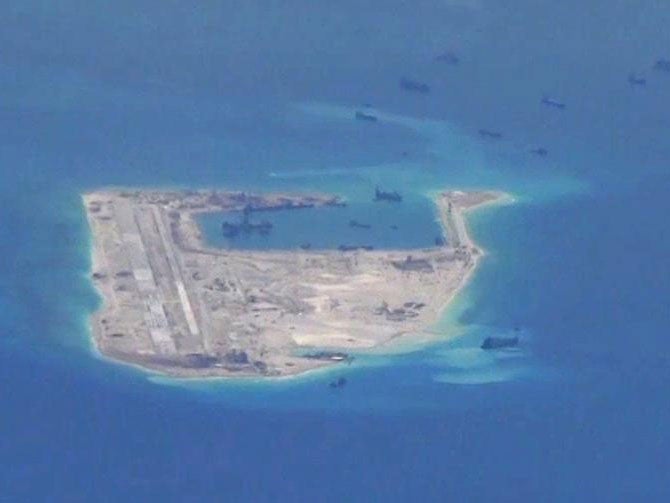
Score: 8/25
Tensions in the South China Sea — which centre around a group of islands claimed by China, Vietnam, Malaysia, and the Philippines — have escalated in recent years, with the USA's involvement helping to stoke ill-feeling, which could eventually lead to a full scale conflict.
What the EIU says: “Any worsening of the row could seriously undermine intra-regional economic ties, and potentially interrupt global trade flows and simultaneously depress global economic sentiment more broadly.”
9 (joint). Britain voting to leave the EU
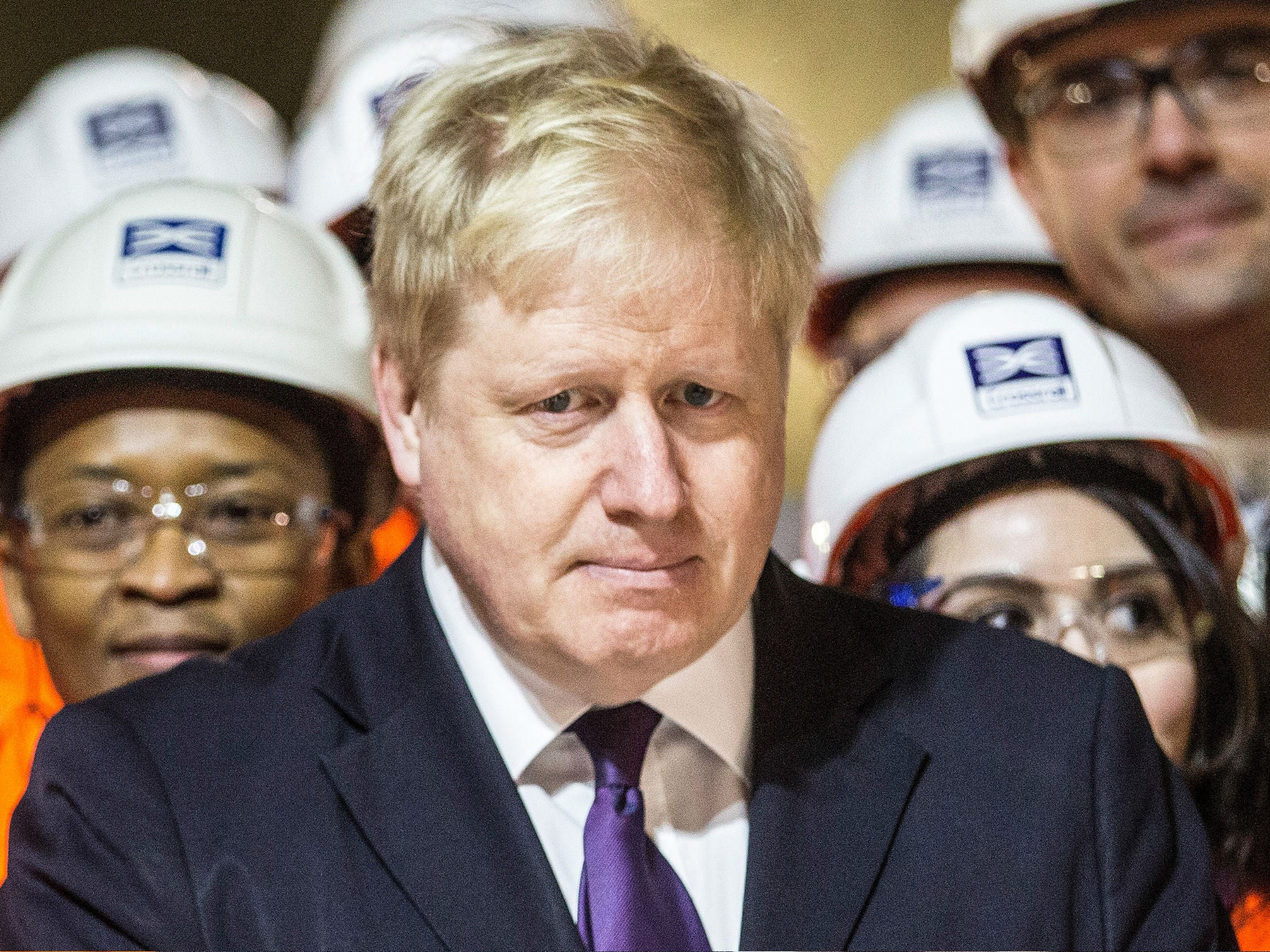
Score: 8/25
Brits go the polls in June to decide on whether the UK would be better in or out of the European Union. Leave campaigners argue that a so-called Brexit would return sovereignty to the country, while those in the Remain camp say that leaving the EU would essentially amount to economic suicide.
What the EIU says: “If Britain did leave the EU it would have negative ramifications for the UK - still the fifth biggest economy in the world, and whose exporters would struggle in the face of regulatory and tariff uncertainty, and whose position as a leading global financial services hub would be imperilled. However, it would also harm the EU itself, given that the UK is one of the few relatively fast-growing economies in Europe, and has also been a leading proponent of trade and services liberalisation. Finally, the shock of a ”Brexit“ could also exacerbate the ongoing global currency instability, notably in the West.”
7 (joint). The rise of jihadi terrorism
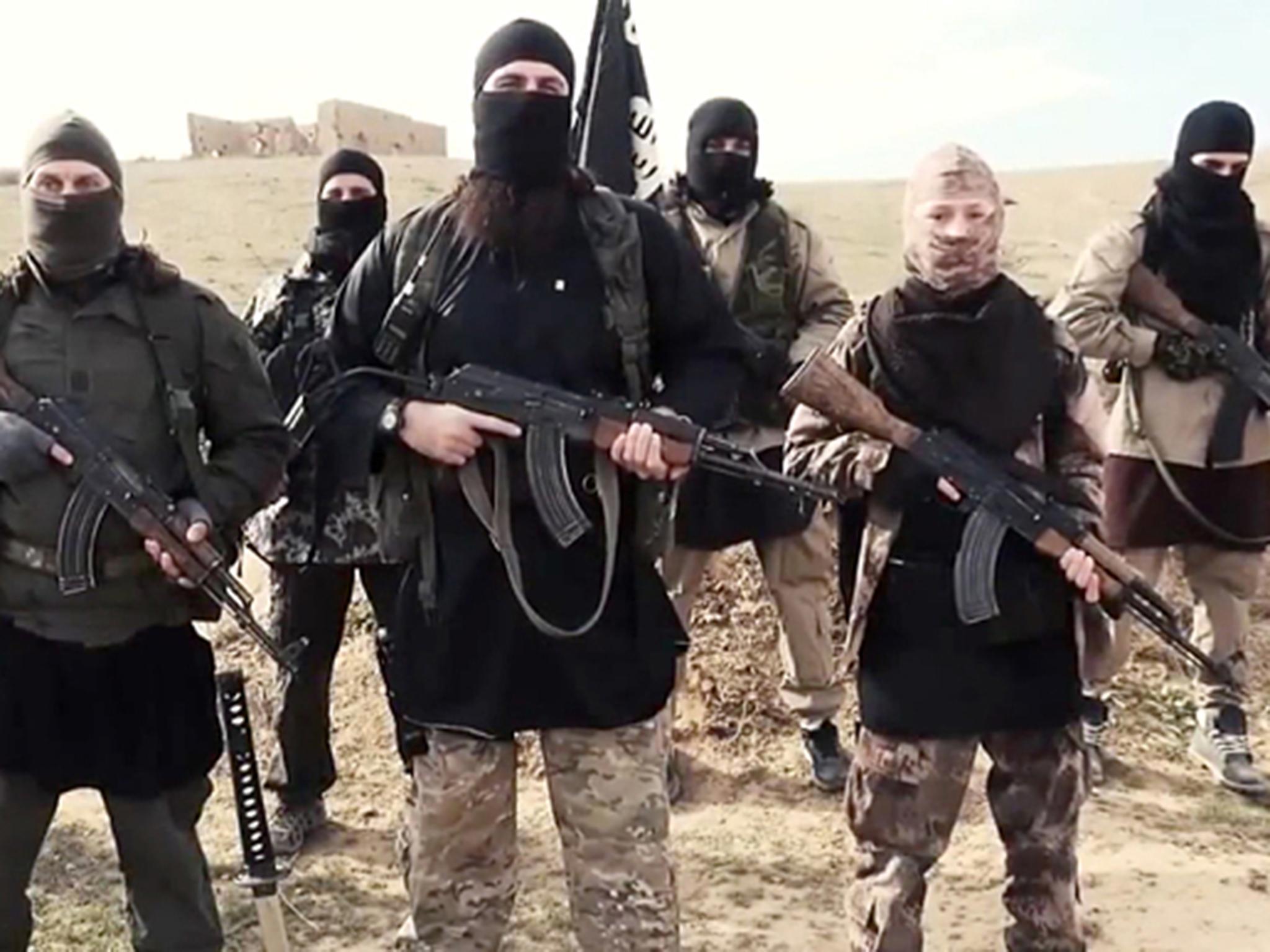
Score: 12/25
The rise of Islamist terror group ISIS dominated headlines in the past year after its terrorist attack on Paris. The group has conquered large swathes of Iraq and Syria, where it is imposing a brutal regime on citizens. ISIS' growing influence in the Middle East is a huge risk to global stability.
What the EIU says: “Should the current spiral of terrorist attacks and reprisals escalate, it would no doubt begin to dent consumer and business confidence, which in turn could threaten to end the five-year bull run on the US and European stock markets.”
7 (joint). Donald Trump becoming President of the USA
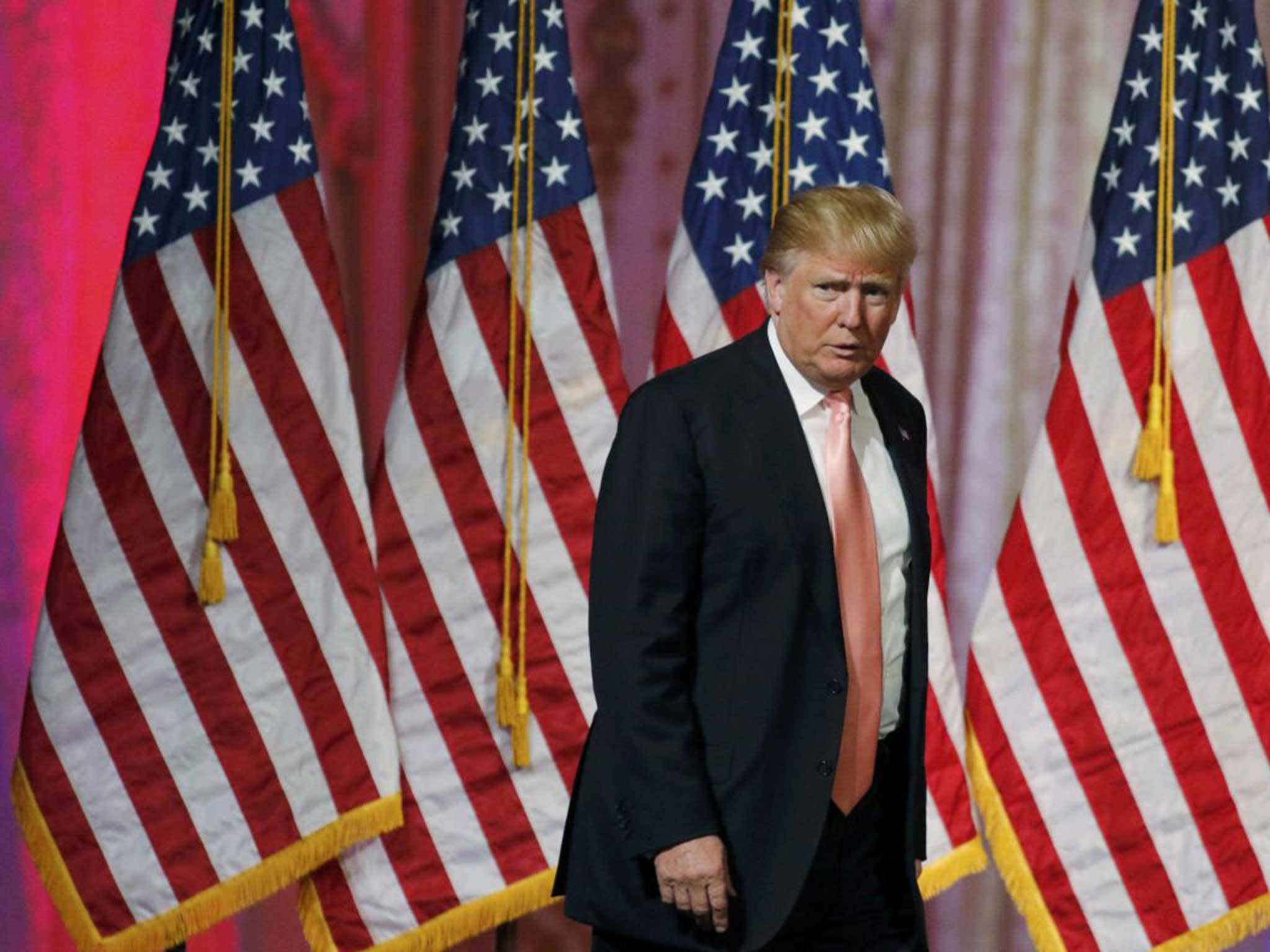
Score: 12/25
The Economist Intelligence unit sees a Trump presidency as a massive risk to the world. Trump has risen from something of a joke candidate to the runaway leader in the race for the Republican presidential nomination.
His aggressive stances on everything from immigration to the American economy have sparked anger from many Americans and split the Republican party. Fears abound in some sectors of society that a Trump presidency could be disastrous.
What the EIU says: “Although we do not expect Mr Trump to defeat his most likely Democratic contender, Hillary Clinton, there are risks to this forecast, especially in the event of a terrorist attack on US soil or a sudden economic downturn. It is worth noting that the innate hostility within the Republican hierarchy towards Mr Trump, combined with the inevitable virulent Democratic opposition, will see many of his more radical policies blocked in Congress - albeit such internal bickering will also undermine the coherence of domestic and foreign policymaking.”
5 (joint). Greece leaving the euro, triggering a break-up of the eurozone

Score: 15/25
At points in 2015, it looked almost certain that Greece would be forced to exit the euro as it struggled to repay loans owed to the IMF and ECB. That imminent threat seems to have passed, but Greece leaving the single currency still remains highly possible.
What the EIU says: “Countries leaving the euro zone under duress would suffer large devaluations and be unable to service euro-denominated debts. In turn, banks would suffer huge losses in their sovereign bond portfolios, resulting in major disruption to the global financial system and plunging the world economy into recession.”
5 (joint). Fracturing of the European Union
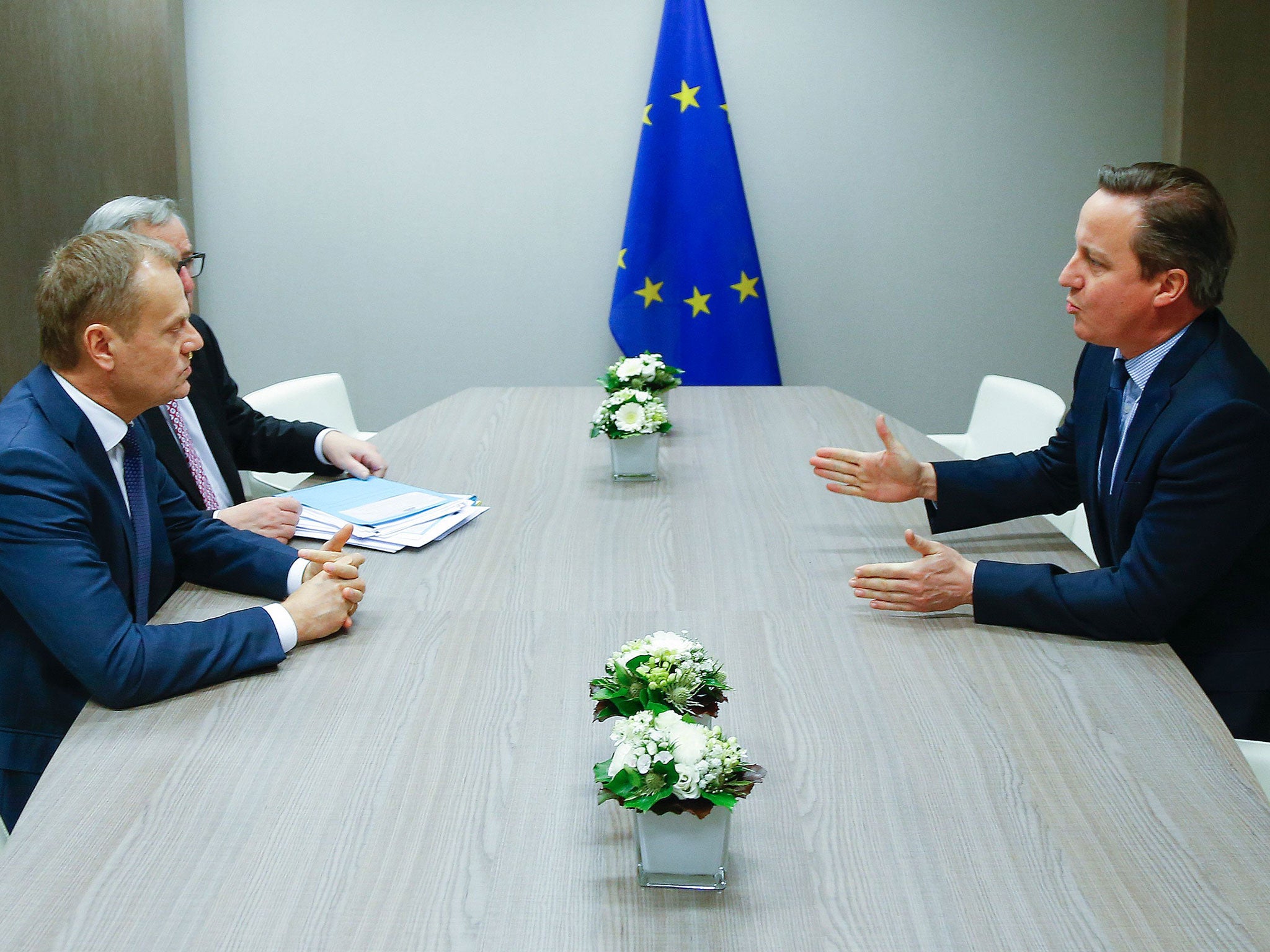
Score: 15/25
Several factors, including the continuing debt crisis in the eurozone, stagnant economic growth, and arguments over the continent's refugee crisis have all led to fears about the weakening of the European Union. Should the EU begin to fragment, the consequences could be dire.
What the EIU says: “In the event that the EU began to fracture and land borders reimposed, trade flows and economic co-operation would be hindered, harming growth in the world's largest single trading block - and notably in trade-reliant Germany, which shares land borders with ten fellow Schengen members - and leaving the fragile euro zone states more vulnerable in the event of another economic downturn.”
3 (joint). An emerging market debt crisis

Score: 16/25
The EIU warns that volatility in currency markets could lead to a major debt crisis in the world's emerging markets. It's a view followed by many others.
In January, famously bearish economist Albert Edwards predicted that emerging markets have nowhere to go but downwards, and last year, the emerging market “rebalancing” was described by Goldman Sachs as the third wave of the 2008 financial crisis.
What the EIU says: “Any rolling emerging-market debt crisis would cause considerable panic across the global capital markets, and may require governments in several economies to step in to shield their banks from the fallout - risking a repeat of the banking crises witnessed in Europe at the start of this decade.”
3 (joint). A new “cold war” sparked by Russia

Score: 16/25
Russia is currently involved in conflicts in both Ukraine and Syria (although it has scaled back its presence in Syria in recent days) and the EIU says that East-West relations are now at their “chilliest” since the end of the Cold War in 1991.
That could spark a major global conflict, increasing military spending, and therefore making economic issues across the globe even worse.
What the EIU says: “This bifurcation of global geopolitics could, if unchecked, seriously hinder a whole raft of shared policy goals - ranging from countering jihadi terrorism to combating global warming - as well as always holding the potential for escalation. Most notably, the stepped up deployment of NATO forces to Eastern Europe (including the Baltics), as well as Russia's provocative tendency to fly its military aircraft over western European airspace, raise the risk of a direct confrontation.”
1. China experiencing a “hard landing”
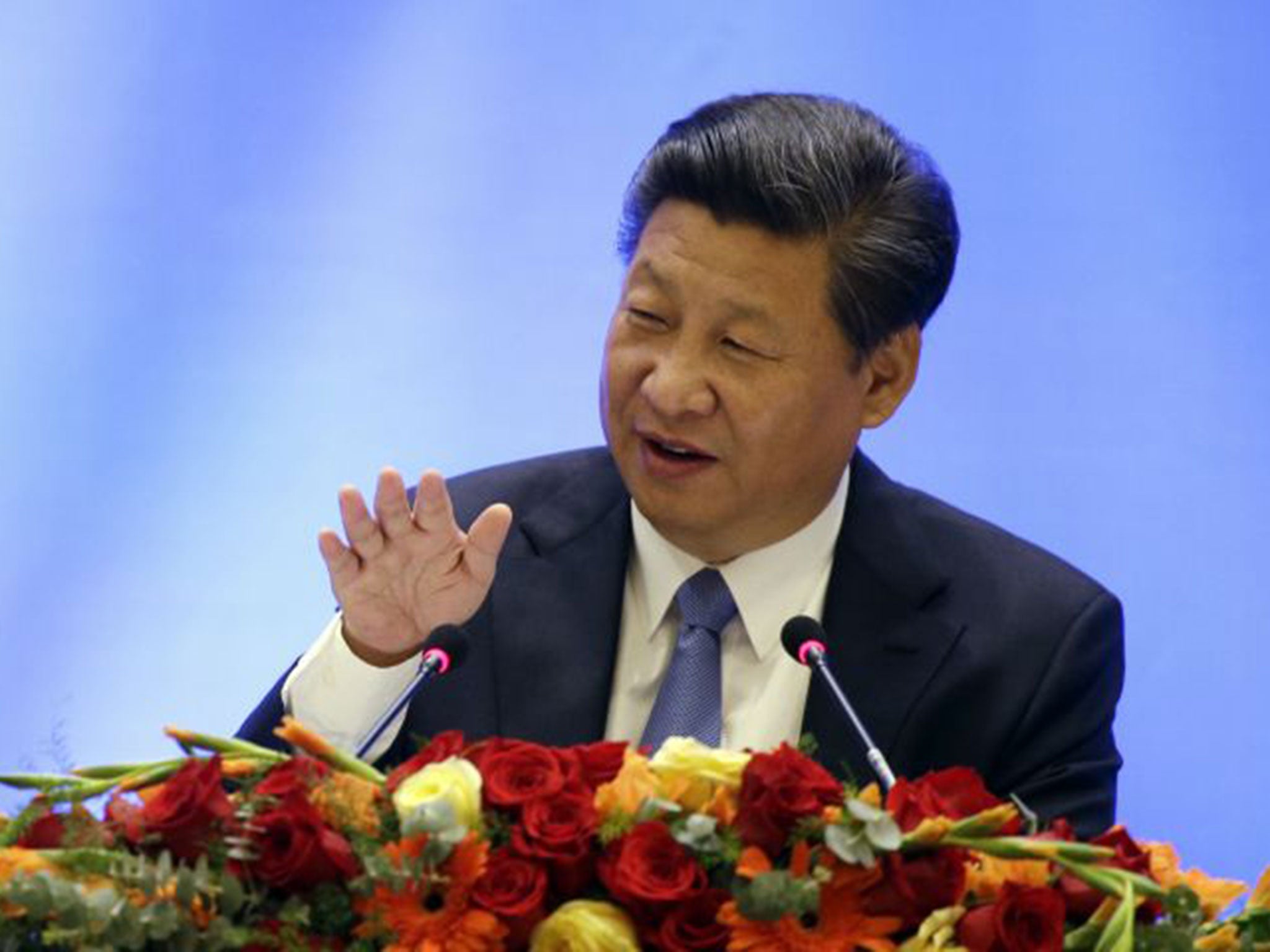
Score: 20/25
The slowdown of the Chinese economy, which has seen growth shrink from more than 10% a year to under 7%, is a major concern for the world as virtually all big economies rely heavily on trading with China. If China's economy slows substantially, so too will the global economy.
What the EIU says: “If China's economy slows by more than we currently expect, it will further feed the ongoing global commodity price slump (especially in oil and, in particular, metals), with a hugely detrimental impact on those Latin American, Middle Eastern and Sub-Saharan African states that had benefited from the earlier Chinese-driven boom in commodity prices.”
Read more:
• Google is trying to sell Boston Dynamics, the crazy robotics company it bought in 2013
• These are the 9 biggest risks facing the world
• Inside the world’s unhappiest country
Read the original article on Business Insider UK. © 2015. Follow Business Insider UK on Twitter.
Join our commenting forum
Join thought-provoking conversations, follow other Independent readers and see their replies
Comments